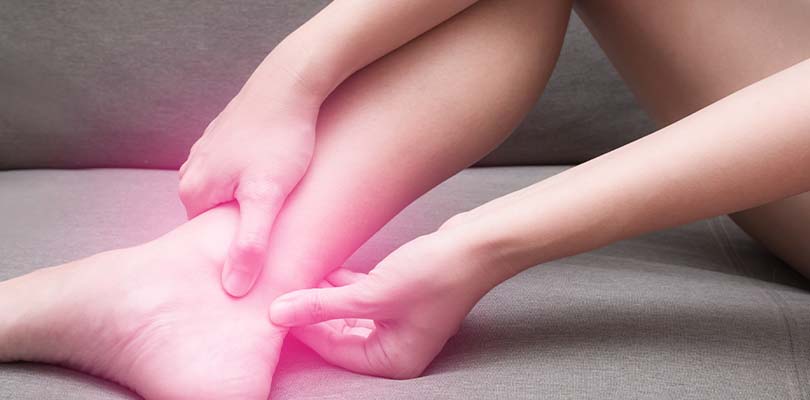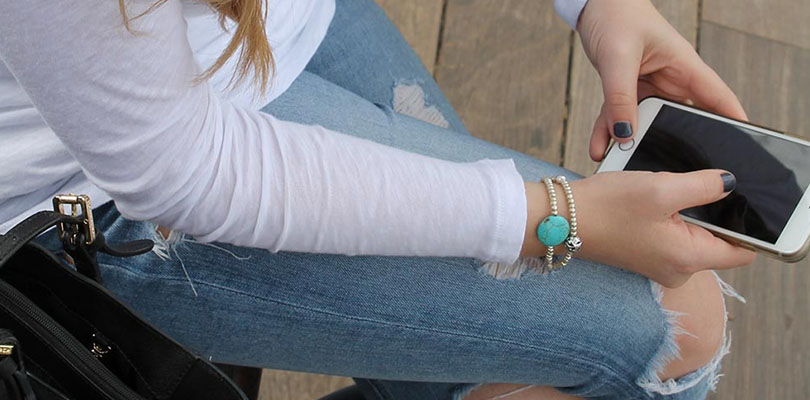Tips to Help Cope With Anxiety
As a prior self-proclaimed extrovert, I never thought I’d have to deal with anxiety. I used to thrive in a crowded environment — I loved being with a large group of friends, in a packed bar or in a lively classroom setting. When my son was born two and a half years ago, something changed.
I don’t know what exactly caused the change, but I suddenly became an extrovert with anxiety.
During times when I would previously find myself talking to new people, speaking in front of a crowd, and otherwise just enjoying that type of setting, I was withdrawing because I felt like the world was caving in. I also found myself worrying about irrational things, leading to anxiety, even if I was by myself.
I’ve come to realize over the past two and a half years that anxiety is a lifelong battle to control. I have good days and bad days; however, I’ve found numerous ways to deal with my anxiety that I’d like to share with you.
1. Yoga
In addition to suffering from anxiety, I recently had a meningioma diagnosis — a non-cancerous brain tumor. Prior to the birth of my son, I did a lot of yoga — in the classroom setting and on my own. I kept it up during pregnancy, but after his birth, physical activity in general fell to the wayside.
I picked yoga up again after reading through Facebook posts from other people with meningiomas. One person said she had started a daily yoga practice after her diagnosis and it had changed her life.
I started in my living room, doing yoga along with YouTube videos. Before long, I was practicing crow pose and working on handstands again — still unsuccessfully, though!
Yoga has made such a huge difference in my anxiety levels that I am beginning a 200-hour yoga instructor training — I am hoping to bring that clarity to other people’s lives as well.
When Krystina was diagnosed with a meningioma her first question was, "What is a meningioma?" Read her story about being diagnosed and choosing a treatment.







